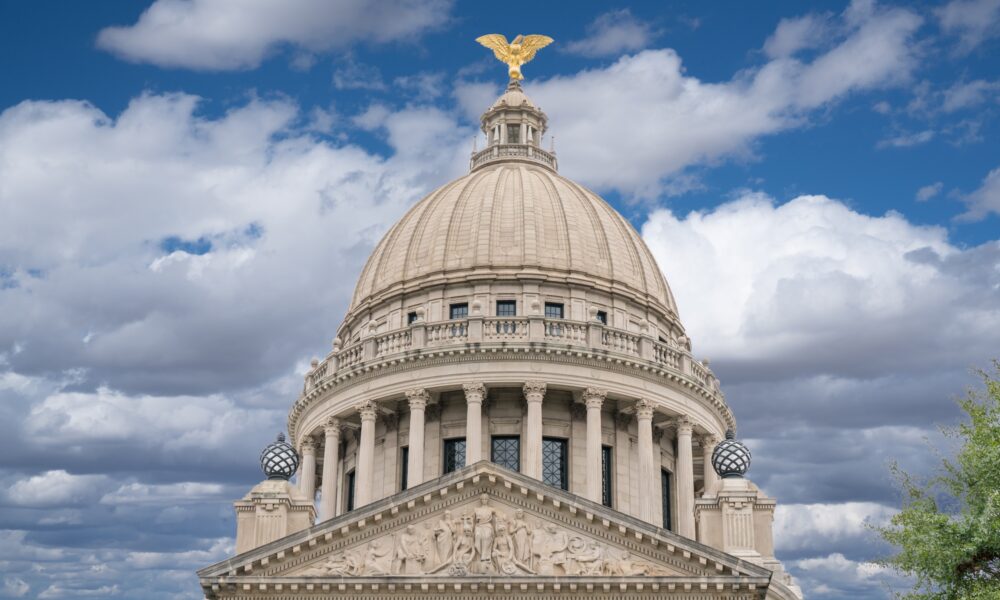Committee
Education; Technology
Author
Chris Johnson
Session
2024 Session
Latest Action
The House failed to vote on SB 2062 by the April 10 deadline, causing this bill to die on the calendar.
Explanation of the Bill
The committee substitute for SB 2062 would create a task force to study potential applications of, and develop policy recommendations for, artificial intelligence (AI) in K-12 classrooms.
Task Force Membership
The State Superintendent of Education would serve as the chairperson of the task force. Twelve additional appointees would sit on the task force.
The Governor would appoint a representative from the State Board of Education, a representative from an institution of higher learning, a representative from the Office of Workforce Development, and a representative from the Public Procurement Review Board who has expertise on technology procurement and data privacy standards.
The Lieutenant Governor would appoint a representative from the State Attorney General’s office, a school board member and a school superintendent from districts with innovative technology practices, and a school district technology director. As amended on the Senate floor, the latter three appointees would be selected from three different school districts.
The Speaker of the House would appoint a vice president of research from a public research university, an educator from a school district with innovative technology practices, a business leader in the technology sector who is impacted by AI, and a representative from the Department of Information Technology Services.
Duties of the Task Force
The task force would be responsible for the following activities:
- Evaluating applications of AI in K-12 classrooms;
- Evaluating ethical, legal, and privacy implications of AI in education;
- Developing policy recommendations for responsible and effective use of AI in education;
- Developing recommendations for incorporating AI into K-12 educational standards;
- Developing guidelines for training educators in using AI tools;
- Proposing criteria for the state to monitor the effects of AI on student learning outcomes;
- Identifying strategies to protect data privacy when using AI;
- Recommending requirements for state and district/institution procurement of AI-powered software;
- Identifying opportunities for collaboration between K-12 education, higher education, workforce development, and industry sectors;
- Promoting strategies to ensure equitable access to AI-powered resources.
Administration of the Task Force
The Department of Education would be responsible for providing administrative support to the task force, including scheduling meetings, creating agendas, and drafting reports.
The task force would be required to meet at least four times between September 2024 and December 15, 2024. It would submit an interim report with preliminary findings to the Governor, House Education Chair, and Senate Education Chair by November 15, 2024. It would submit its final report to the Governor, Lieutenant Governor, and Speaker of the House by December 15, 2024. The final report would also be posted on the website of the Department of Education.
The task force would be dissolved on January 1, 2025.
As introduced, SB 2062 would have required the task force to study the implications of AI in higher education and K-12 classrooms. The committee substitute for the bill requires the task force to study implications of AI only in K-12 classrooms.
| Date | Details |
|---|---|
| 1/18/24 | On January 18, SB 2062 was referred to the Senate Technology Committee and the Senate Education Committee. |
| 3/5/24 | On March 5, the Senate Technology Committee passed a committee substitute for SB 2062. Later that day, the Senate Education Committee passed the same committee substitute. |
| 3/12/24 | On March 12, the Senate amended and passed SB 2062. As amended, the bill requires the Lieutenant Governor’s task force appointees who are school based–the school board member, school superintendent, and school district technology director–to be selected from three different school districts. |
| 3/27/24 | On March 27, the House Education Committee passed SB 2062. |
| 4/10/24 | The House failed to vote on SB 2062 by the April 10 deadline, causing this bill to die on the calendar. |

